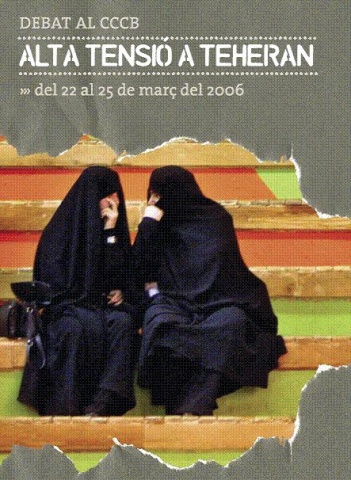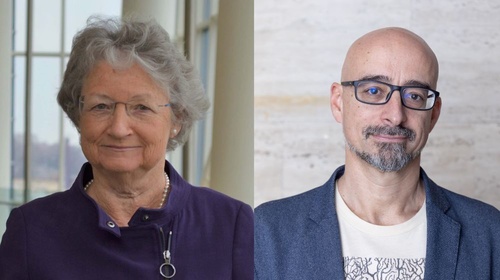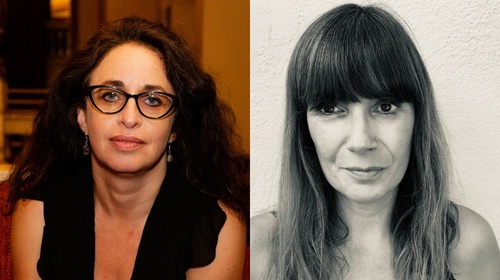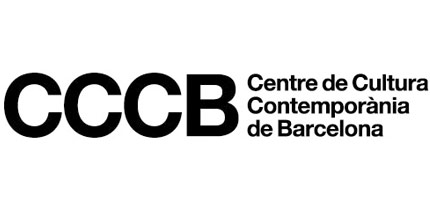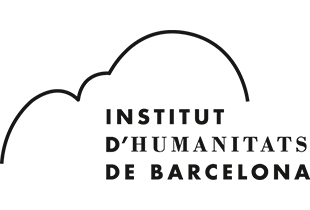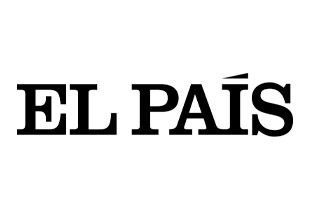Cities of the Middle East
Tehran
High tension in Tehran
Debate
Free
Foremost Iranian intellectuals will analyse the present-day political, social and cultural challenges facing the city of Teheran; the tensions between the State and modern customs, the permeability of social and cultural life to the influxes of globalisation, and the conflicts and hopes of the inhabitants of the capital of Iran. The round tables will be accompanied by the screening of documentaries that illustrate the spirit of contemporary Teheran.
Two centuries after becoming the capital of Iran and after one century of revolutions, coups, occupation by foreign powers and embassy seizures, the city of Tehran has once again taken centre-stage on the international scene. The impetus of its nuclear programme and western attempts to link Iran with terrorist groups in other countries have situated the Islamic Republic of Iran in one of the most decisive and controversial moments in its twenty-six years of existence. The country has become the object of western pressure, while internally the struggles over power and culture and the oil-based economy are dividing the inhabitants of Tehran. And yet, behind the power of State and the shadows of God hides a city with a vibrant cultural life.
In this seminar, the second the CCCB is organising on cities of the Middle East, a group of Iranian intellectuals will offer a portrait of the social and cultural spirit of the city of Tehran. These discussions will examine the complexity of an urban life that is marked by tensions between the modernity of its customs and a theocratic State, the city's multiple identities (pre-Islamic, Islamic, Persian and Iranian) and the emergence of a public sphere that is permeable to the forces of globalisation. The sessions will analyse all these phenomena and will be followed by a screening of documentaries that will illustrate the vitality of the capital of a country that has most recently been brought to the world's attention by its current and outspoken president and former mayor of Tehran, Mahmoud Ahmadinejad.
Wednesday, 22 March
7 p.m. DEBATE: "The Revolution, twenty-five years on: power and public space in Tehran"
Presentation: Josep Ramoneda, Director of the CCCB.
Moderator: Fred Halliday, Professor of International Relations at the London School of Economics.
Daryush Shayegan, philosopher, author of La lumière vient de l'Occident (L'Aube, 2005).
Fariba Adelkhah, anthropologist, researcher at CERI Sciences-Po, Paris.
Baqer Moin, broadcaster, former Head of the Pashto and Persian Services, BBC World Service.
Thursday, 23 March
7 p.m. DEBATE: "Freedom, between the shadow of God and the power of the State. Cultural expression in the Persian metropolis"
Moderator: Fred Halliday, Professor of International Relations at the London School of Economics and visiting Professor at CIDOB.
Goli Emami, translator and publisher.
Bahman Farmanara, film director, author of A House Built on Water.
Mina Marefat, architect, director of Cities Project.
9.30 p.m. FILM
Street Life in Tehran - Tehran: the 25th Hour, Seifollah Samadian, 1999, 22 minutes, Original version with subtitles.
On 29 November 1998, moments after the Iranian national football team qualified for the 1998 World Cup, the citizens of Tehran went en masse into the city's streets in joyful celebration of their team's triumph.Men, children, and, for once, women turned Tehran's public space into a huge party. This day has gonedown in the history of Iran as "Sweet Saturday".
Iran: A Revolution Betrayed, Ahsan Adib, 1984, 60 minutes, original version with subtitles.
Clandestinely filmed, the documentary brings together the events that have marked the history of Iran overthe last thirty years: the fall and expulsion of the Shah in 1979, the return from exile of the leader of therevolution, Ayatollah Ruhollah Khomeini, and the subsequent advent of the Islamic Republic of Iran. Thedirector shows the influence of the United States in Iran's internal politics when the Shah was in power,Khomeini's political strategies, and the purges, torture and repression carried out by the revolutionary regime.
Friday 24 March
9.30 p.m. FILM
Street Life in Tehran - Tehran: the 25th Hour, Seifollah Samadian, 1999, 22 minutes, original version with subtitles.
SOS à Tehran, Sou Abadi, 2000, 52 minutes, original version with subtitles.
What is intimate life like for the inhabitants of Tehran? With the aim of inquiring into the private lives and concerns, conflicts and hopes of the inhabitants of Tehran, the director filmed in a number of different government centres and institutions - telephone services offering psychological help, the Health Ministry's sex education courses, matrimonial agencies - and in group sessions, for both adults and adolescents, conducted by an elite psychologist.
Saturday 25 March
6.30 p.m. FILM
A House Built on Water, Bahman Farmanara, 2002, 105 minutes, original version with subtitles.
Winner of five awards at the Fajr International Film Festival (including Best Film and Best Leading Actor), the film describes life in Iran today through the story of a gynaecologist who is in mid-life crisis. Morally corrupt and on the verge of emotional collapse, he becomes involved with the case of an eight-year-old boy in the hospital where he works. The child is in a coma and is a media phenomenon because he can recite the Koran by heart. The intersecting lives of the two characters provide the narrative strand of a film that offers a raw portrayal of Iranian society, which looks to the country's future with sceptical eyes.
8.30 p.m. A House Built on Water, Bahman Farmanara, 2002, 105 minutes, original version with subtitles.
Presenters: Josep Ramoneda
Moderators: Fred Halliday
Participants: Daryush Shayegan, Fariba Adelkhah, Baquer Moin, Goli Emami, Bahman Farmanara, Mina Marefat
This activity is part of Cities of the Middle East, Cities of the Middle East
